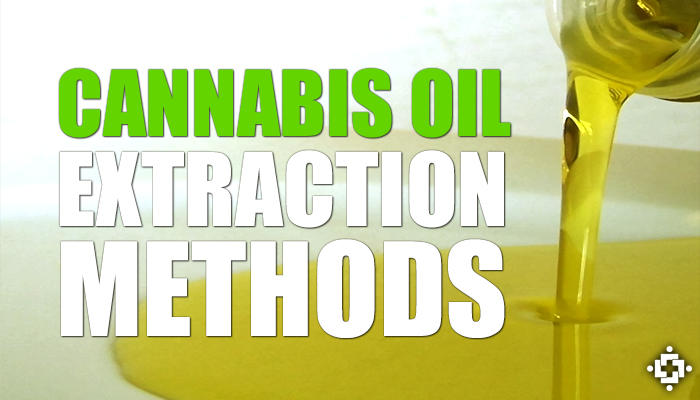Exploring the Science Behind Cannabis Tolerance: What You Need to Know
Introduction
In recent years the topic of cannabis tolerance has gained significant attention as more people explore the benefits and potential risks of using cannabis for medicinal and recreational purposes. Understanding the underlying science behind cannabis tolerance is crucial for both cannabis users and researchers in the field. This article delves into the mechanisms of cannabis tolerance and provides insights into what you need to know.
The Basics of Cannabis Tolerance
Cannabis tolerance refers to the diminished effects experienced by regular users over time. This phenomenon occurs when the body adapts to the presence of cannabinoids, the active compounds in cannabis, leading to a decrease in their desired effects. Tolerance can develop to various aspects including the psychoactive effects, pain relief, appetite stimulation, and more.
Mechanisms Behind Cannabis Tolerance
The development of cannabis tolerance involves multiple mechanisms. One prominent factor is the down regulation of CB1 receptors, which are primarily found in the brain and central nervous system. Prolonged exposure to cannabinoids leads to a reduction in the number of available CB1 receptors, resulting in decreased sensitivity to their effects.
Another key mechanism is the desensitization of signaling pathways. When cannabinoids constantly interact with CB1 receptors, these receptors become less responsive to their stimulation. This leads to a blunted response, requiring higher doses of cannabinoids to achieve the desired effects.
Furthermore, research suggests that the body’s endocannabinoid system, responsible for regulating various physiological processes, undergoes adaptive changes in response to prolonged cannabis use. These changes contribute to the development of tolerance.
Factors Affecting Cannabis Tolerance
Several factors can influence the development and intensity of cannabis tolerance. One primary factor is frequency of use. Regular, heavy cannabis users are more likely to develop tolerance than occasional users.
The potency and composition of cannabis products also play a role. Higher concentrations of THC, the primary psychoactive compound in cannabis, are associated with an increased likelihood of tolerance development. In contrast, cannabidiol (CBD), another major cannabinoid, may reduce the development of tolerance due to its distinct pharmacological properties.
Individual differences in metabolism and genetic factors can also affect cannabis tolerance. Some individuals may have naturally higher or lower tolerance levels, which can influence their response to cannabis.
Managing Cannabis Tolerance
If you find yourself developing cannabis tolerance and desire to regain the desired effects, several strategies can be employed. Taking a break from cannabis use, often referred to as a “tolerance break,” allows the body to reset and regain sensitivity to cannabinoids. This break can vary in length depending on individual factors.
Changing consumption methods or adjusting the dose can also make a difference. Experimenting with different strains and products that contain varying ratios of THC and CBD may be helpful in managing tolerance. Consulting with a healthcare professional or cannabis expert is advised for personalized guidance.
Conclusion
Cannabis tolerance is a complex phenomenon influenced by various biological mechanisms and individual factors. Recognizing the development of tolerance and understanding its underlying science is crucial for optimizing cannabis use and minimizing potential risks. By staying informed and employing appropriate strategies, individuals can make informed decisions when it comes to their cannabis consumption.
References:
Share:




